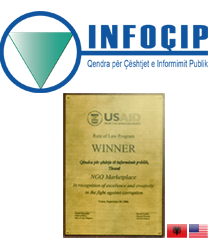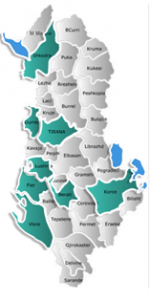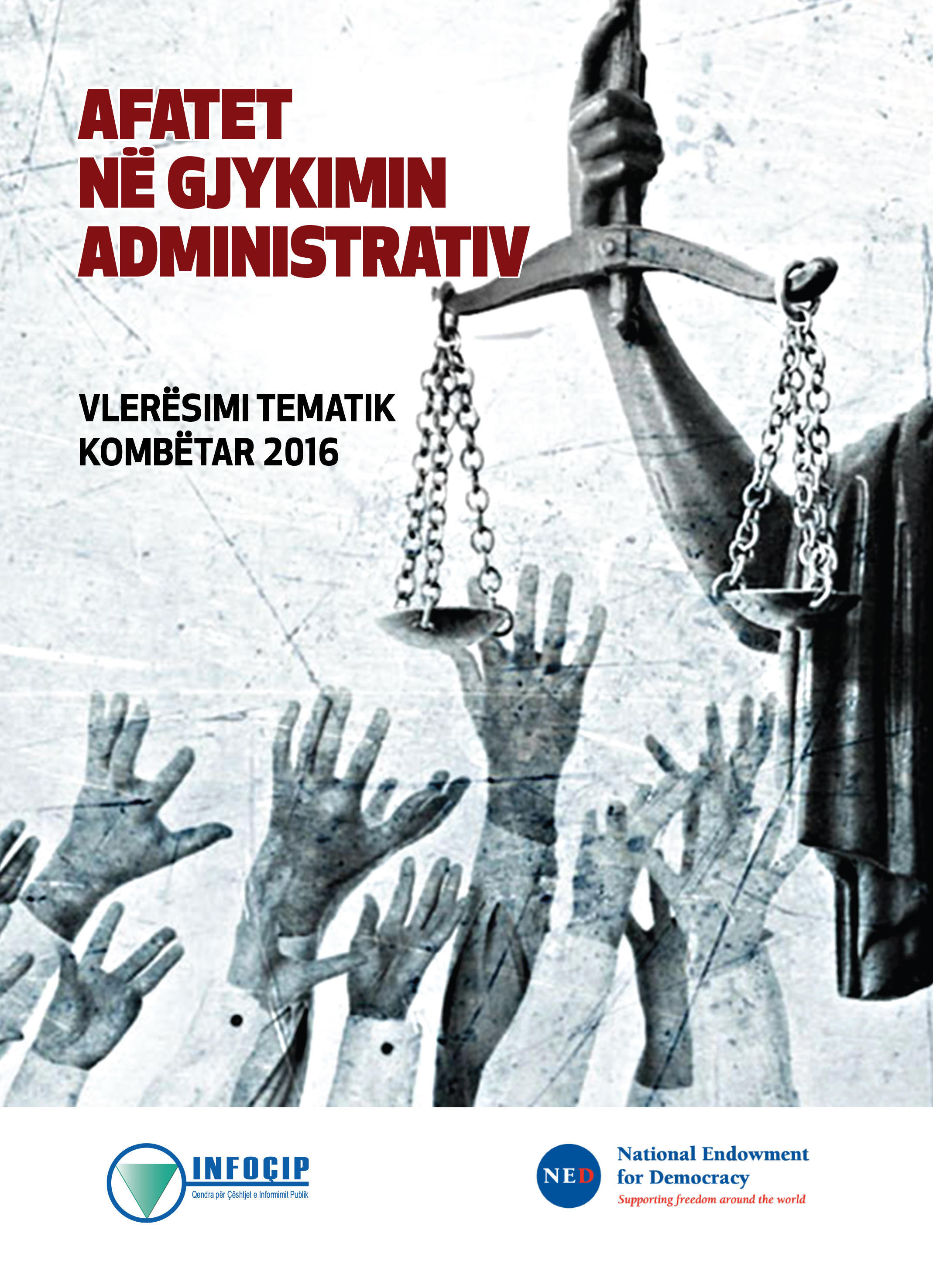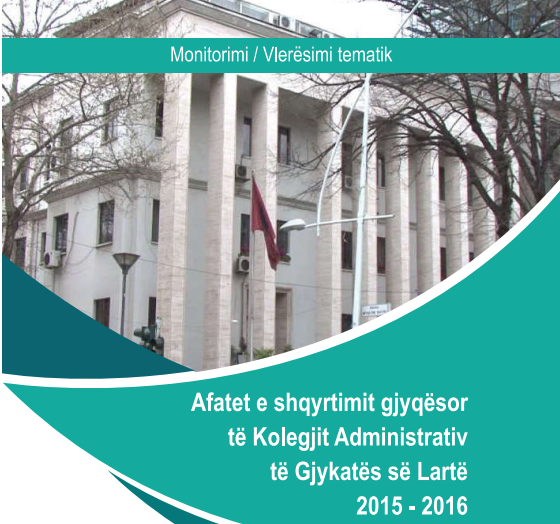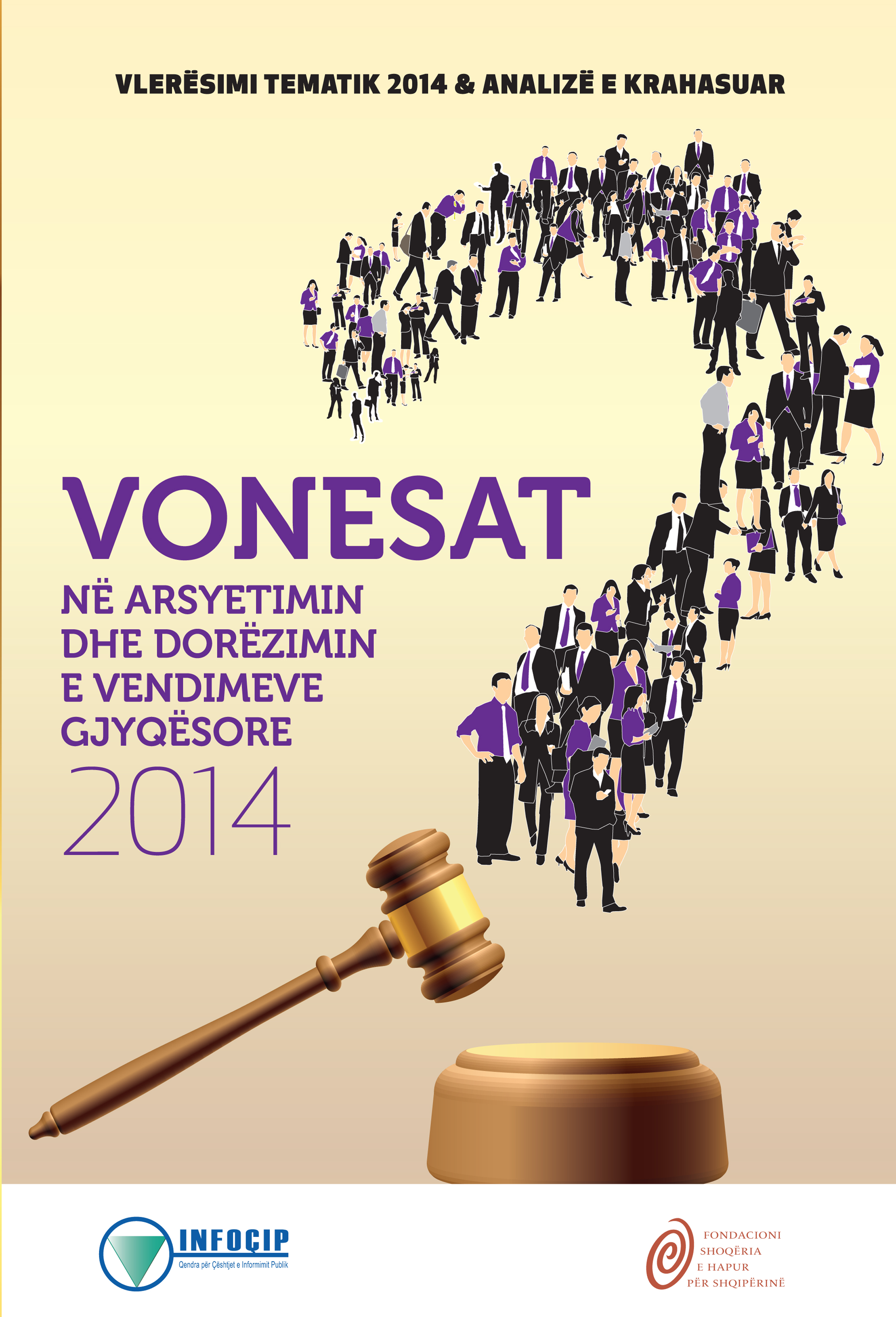World Bank issues new edition of RTI series. Albanian case elaborated by Gerti Shella of INFOCIP
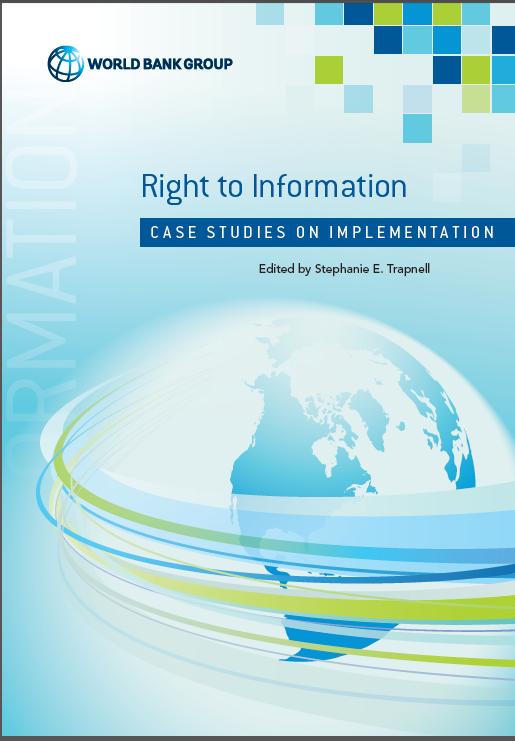 Oct, 17, 2014 – The WORLD BANK GROUP republished some of the older studies, along with four new studies, in a case study volume on RTI implementation on various countries of the world. Albanian case, introduced by Gerti Shella, Director of Center for Public Information Issues and Rolanda Trebicka is part of this global research publication of 624 pages.
Oct, 17, 2014 – The WORLD BANK GROUP republished some of the older studies, along with four new studies, in a case study volume on RTI implementation on various countries of the world. Albanian case, introduced by Gerti Shella, Director of Center for Public Information Issues and Rolanda Trebicka is part of this global research publication of 624 pages.
The Right to Information Series brings forward current and ongoing research on issues related to transparency and the right to information. It aims to provide a range of information on policy, practice, experience, and frontier issues related to public sector openness and transparency, including the underlying functions and outcomes of open government efforts.
This volume is a result of a project undertaken by the World Bank Governance and Public Sector Management unit on the legal frameworks of right to information and accompanying implementation efforts in the public sector.
Effective RTI legislation is an essential tool, empowering citizens to access information on public policy choices and decision-making processes, to understand entitlements regarding basic services, and to monitor government expenditures and performance, providing opportunities for more direct social accountability. Because a well-crafted RTI law provides citizens with the right to access government records without demonstrating any legal interest or standing, it can require a significant shift in the way state-society relationships are organized from need-to know to right-to-know.
INTRODUCTION TO THE VOLUME
Right to information (RTI) laws establish the right of citizens to access information about the functioning of their governments. The adoption of laws establishing the right to information (also referred to as access to information or freedom of information) has been extremely active in the past two decades. The number of countries that have passed RTI legislation has risen dramatically in the last two decades, from approximately 13 to over 95, including many countries in Eastern Europe, Asia, Latin America, and most recently, Africa and the Middle East.
Effective RTI legislation is an essential tool, empowering citizens to access information on public policy choices and decision-making processes, to understand entitlements regarding basic services, and to monitor government expenditures and performance, providing opportunities for more direct social accountability. Because a well-crafted RTI law provides citizens with the right to access government records without demonstrating any legal interest or standing, it can require a significant shift in the way state-society relationships are organized from need-to know to right-to-know.
Right to information, as a right and a principle, entrenches the notion of transparency as part of good government. RTI systems are practical mechanisms of government administration that refl ect commitment to the principle of transparency, and may serve to encourage, if not facilitate, participation and accountability. They aim to increase the transparency of government by providing regular and reliable information to the public and facilitating appropriate and relevant use of administrative information. Effective right to information systems require well-designed legal frameworks, stable institutional arrangements, and effective records and information management in order to support adequate response to public demand and to proactively disclose information of relevance to the public. Even with these components, however, no right to information system will function adequately without appropriate leadership and incentives to support its implementation. Monitoring the practices of these systems can identify whether problems are rooted in a lack of political will, or the capacity of an administration to implement the legal (or de facto) mandate for transparency. A lack of impact in transparency efforts may, in fact, be the result of fl awed internal arrangements and processes that are supporting the right to information even when political support for right to information is strong.
The benefi ts of right to information in government have been celebrated without much systematic evidence of its effectiveness or outcomes, in part because the right to information is considered an intrinsic good, a human right that should be enjoyed by individuals regardless of its effect on economic growth or political stability. Assessment of RTI implementation—in terms of the formalization of practices, the quality and effi ciency of those practices, and their effectiveness—has become of paramount importance in the last decade for policy-makers and development practitioners. But studies about how laws are being implemented are quite limited. Many countries are still focusing on developing new forms of regulation and guidance, with in-practice assessments yet to be considered and produced. The absence of information has thwarted efforts at achieving a solid understanding of the implementation of RTI systems and these systems influence downstream development outcomes. This volume of case studies is an attempt to better understand the factors that drive effectiveness in RTI implementation. It serves as the basis for a separate meta-analysis of these twelve country case studies that reveals recurring patterns, challenges, and resulting solutions in the implementation of RTI systems.
LAST RELEASED PUBLICATION
MONITORING REPORT
Recent reports/studies
Partners / Donors
Local Branches
- Citizens' Transparency Office, Durrës (19)
- Citizens' Transparency Office, Korça (9)
- Election Situation Chamber (11)
- JUDICIARY (1)
- NED (11)
- www.vendime.al (5)
Foto lajm

- CPII anounces the monitoring result for Durres Municipal Council. It must be re-elected
Where we work

